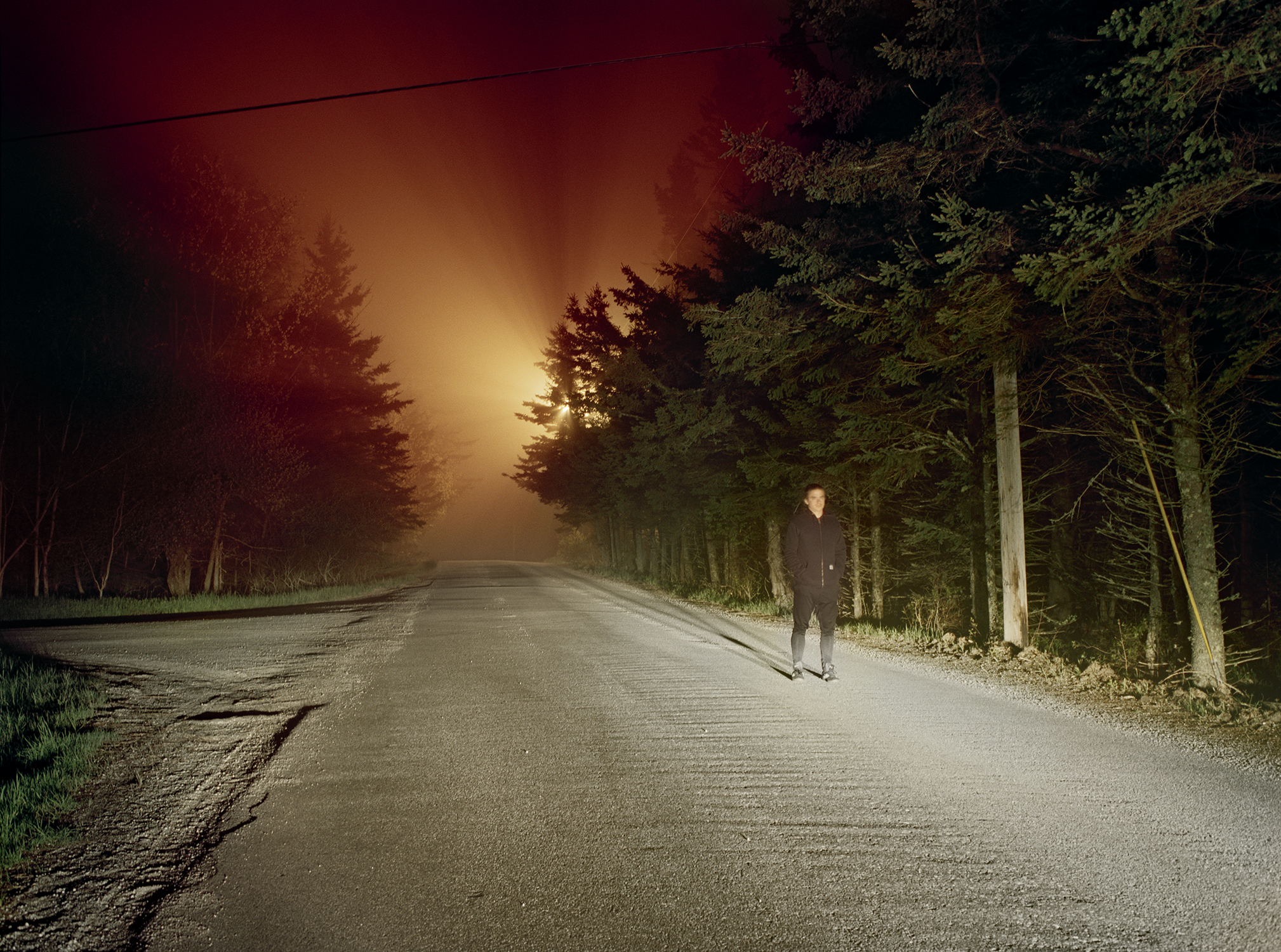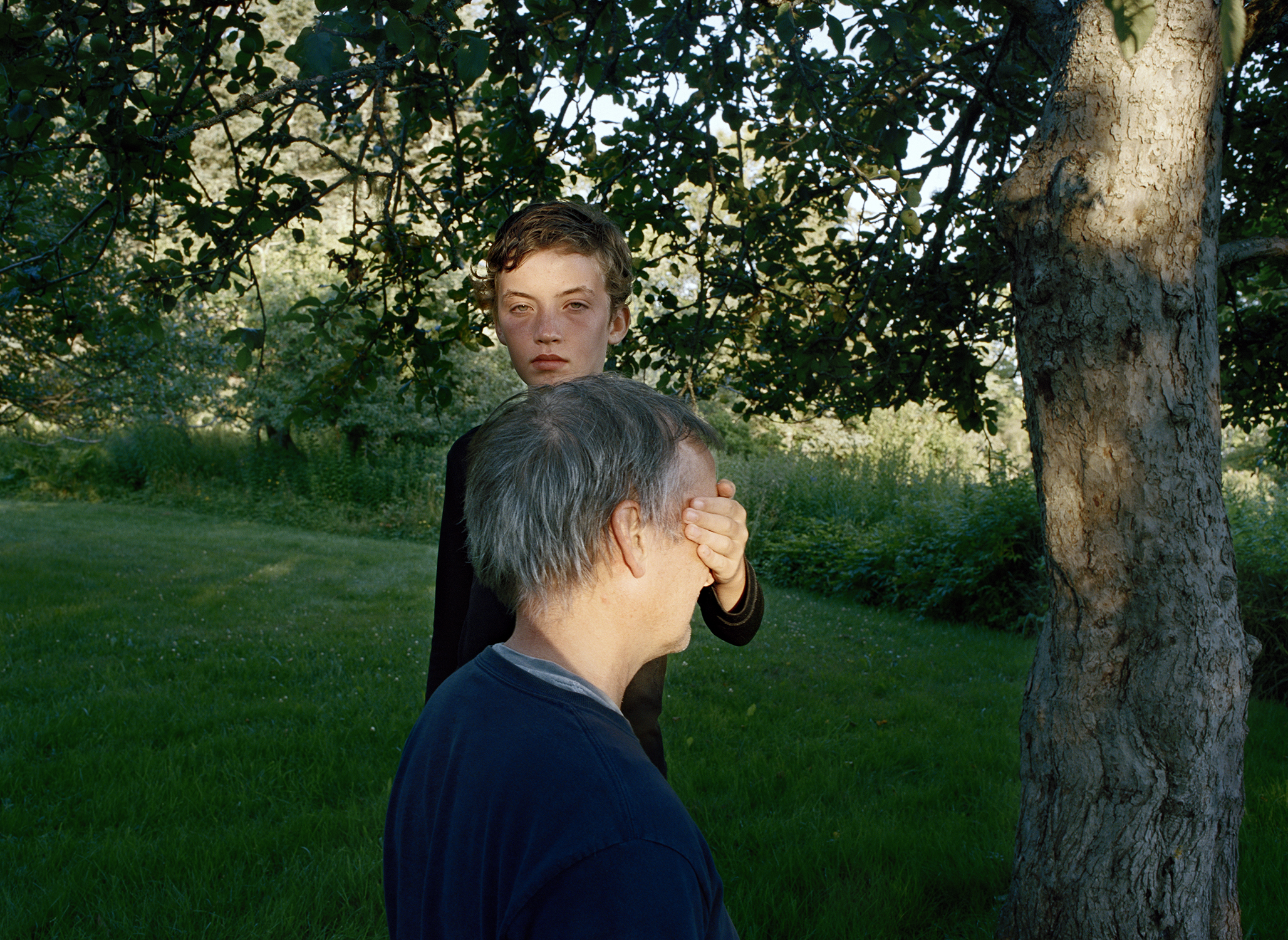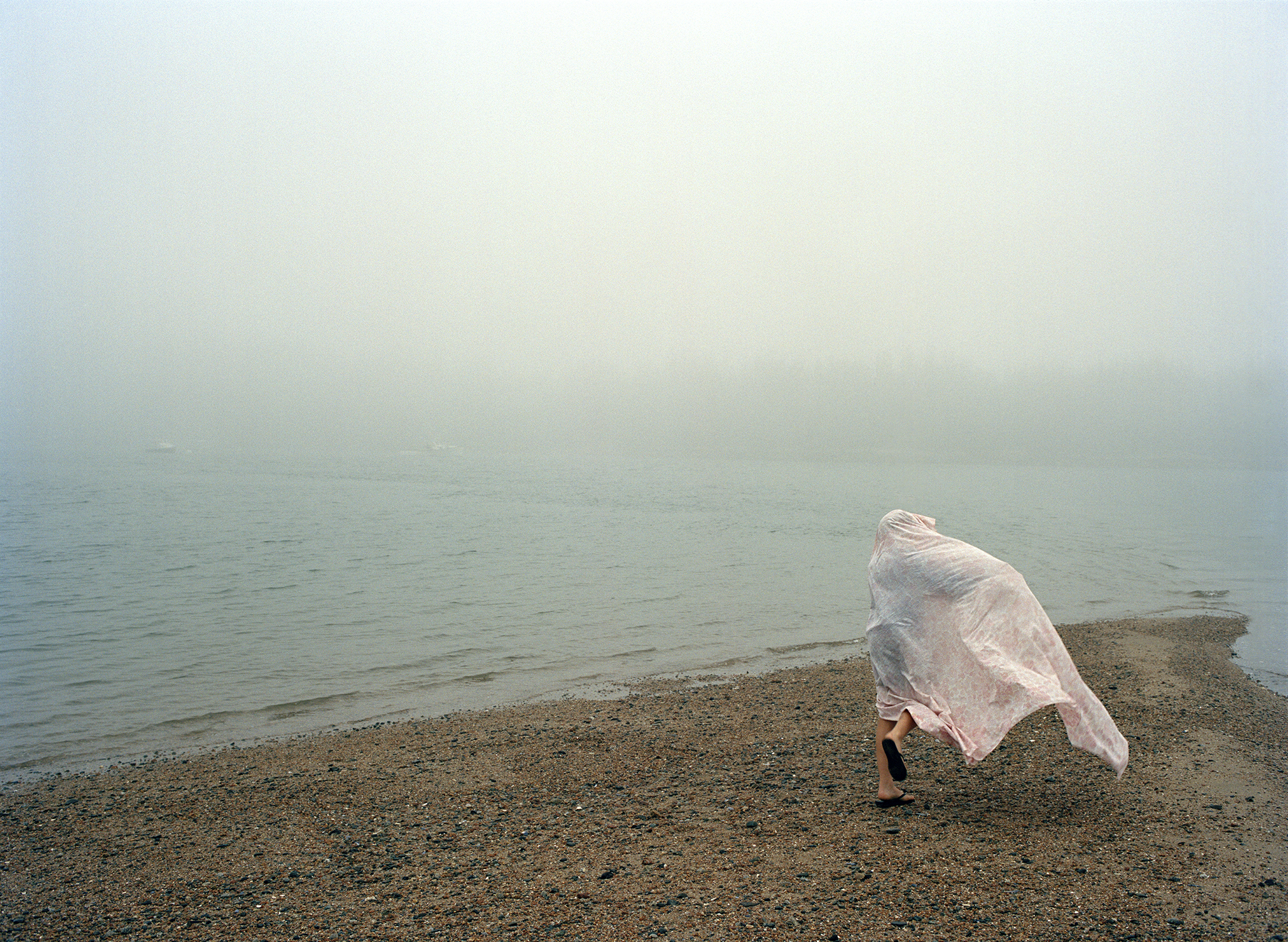Women Crush Wednesday: Sophie Barbasch
© Sophie Barbasch
Born and based in New York City, Sophie Barbasch received her M.F.A. in Photography from the Rhode Island School of Design and her B.A. in Art and Art History from Brown University. She has received grants from the Bemis Center for Contemporary Arts, the Blue Mountain Center, as well as a Fulbright Fellowship to Brazil. Barbasch’s work has been presented in numerous exhibitions and magazines, and she has won the Photo Boite’s 30 Under 30 Women Photographers award. In her project “Fault Line” , Barbasch turns the camera on her family members.
Interviewed by Jing Zhao
Let’s talk about your project “Fault Line”. What sparked this exploration? What’s the specific feeling you wanted to convey?
The experience of growing up in my family has influenced most of my work. At a certain moment, I decided to specifically photograph my family members. I had been indirectly referencing them in other projects, but it wasn’t really working. One of the things I was negotiating when I started this series was an estrangement from my father. Estrangement is a bizarre experience—like a death with no ritual. Eventually, he became a part of the project.
When I think of family dynamics, I think of a cycle more than any one feeling. I think of waves--we are coming together and drifting apart. The reference to an earthquake in the title—of fault lines—is meant to suggest a more chaotic separation. I see all of us riding these waves, negotiating these fault lines, trying to come to terms with conflict. For me, the result of this dynamic has been a feeling of isolation. In this sense, isolation is the most pressing thing I want to convey in the photos.
© Sophie Barbasch
© Sophie Barbasch
I am curious, what’s the process like when you making photographs with your family members? Do you have any kind of storyline in your mind? Are there any cases like the expectations are not met or the unexpected unfold?
Usually, I have an idea in mind, which I tell them. We shoot for a little while and see if it works. Sometimes it’s just a few shots, sometimes we shoot for a while, it depends on the person. Often, they change the idea, so we go through various iterations. There are also moments when we’re doing something else, and we find a spot to take a picture that wasn’t necessarily planned.
The storylines in my mind are taken from past events and memories. If there are two people in the shot, I try to capture a certain relationship dynamic between them—usually, a tenuous or ambiguous connection. I think a lot about power and powerlessness and how to express these visually. I’m interested in photographing people in a way that makes them seem alone. When I look at the image, I want to imagine the particular character thinking through their feelings and options in that moment. I include a lot of roads and cars to imply rootlessness and an imminent journey.
© Sophie Barbasch
© Sophie Barbasch
I love the way you seeing things. Your work has a beauty of mystery and strangeness. I get the impression that you walk around the subject, observing from different perspectives when photographing. What are your thoughts towards this?
Thank you! I try to make my subjects seem like they are in a state of suspension. I want it to seem like they are somewhere else—either imagining a different place or at least separate and detached from the viewer. When I’m shooting, I do try a multitude of perspectives and angles, looking for that moment when it seems the person is drifting, suspended, or maybe left in a spot that they did not choose
Can you tell us a little bit about your preference of using light?
I really like cold Northern light. I think there’s a certain harshness to it.
What are you working on right now?
I spent 2016 in northeastern Brazil photographing a railroad that is under construction, as well as a few rural communities and life in the city of Fortaleza. Right now, I am going through everything I shot. The editing process is taking a long time, in part because I think that waiting really clarifies things.
© Sophie Barbasch
© Sophie Barbasch
© Sophie Barbasch
WCW Questionnaire:
1. How would you describe your creative process in one word?
Mutable
2. If you could teach one, one-hour class on anything, what would it be?
I had to teach a short lesson for a pedagogy class once. I chose to teach everyone how to say a phrase in Portuguese: “Eu tenho saudade de voce.” It means “I miss you,” although “saudade” is famous for being difficult to translate. We don’t have any one word for it. The dictionary definition is: “a feeling of longing, melancholy, or nostalgia that is supposedly characteristic of the Portuguese or Brazilian temperament.” I think that understanding a word for which there is no direct translation is a good way to start learning a new language.
3. What was the last book you read or film you saw that inspired you?
I read the Neopolitan novels by Elena Ferrante. I couldn’t put them down. I’ve never read an account of female friendship like that. I found the characters to be very complex, and I liked watching them change as they got older.
4. What is your most played song in your music library?
Probably “Weird Fishes” by Radiohead
5. How do you take your coffee?
Iced with cream
© Sophie Barbasch
© Sophie Barbasch
See more of Barbasch’s work here.

















